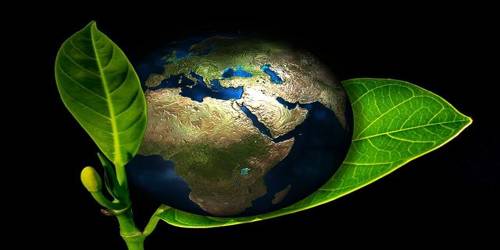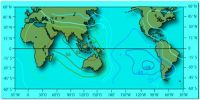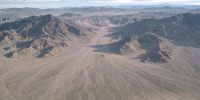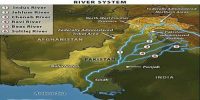Geographic ecology focuses on large-scale patterns of the allocation and assortment of organisms and ecological procedures. Research areas include island biogeography, latitudinal patterns of species diversity, and the influences of regional and historical process on diversity and function. The environment as you know is made up of abiotic and biotic components. It would be interesting to understand how the diversity of life-forms is maintained to bring a kind of balance. This balance is maintained in a particular proportion so that a healthy interaction between the biotic and the abiotic components goes on. The interactions of a particular group of organisms with abiotic factors within a particular habitat resulting in clearly defined energy flows and material cycles on land, water, and air, are called ecological systems.
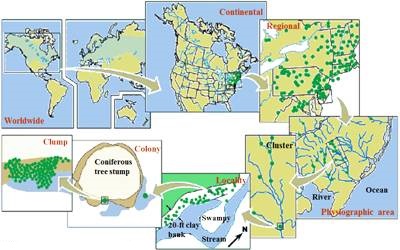
The term ecology is derived from the Greek word ‘oikos’ meaning ‘house’, combined with the word ‘logy’ meaning the ‘science of or ‘the study of’. Literally, ecology is the study of the earth as a ‘household’, of plants, human beings, animals, and micro-organisms. They all live together as interdependent components. A German zoologist Ernst Haeckel, who used the term as ‘oekologie’ in 1869, became the first person to use the term ‘ecology’. The study of interactions between life forms (biotic) and the physical environment (abiotic) is the science of ecology. Hence, ecology can be defined as a scientific study of the interactions of organisms with their physical environment and with each other.
A habitat in the ecological sense is the totality of the physical and chemical factors that constitute the general environment. A system consisting of biotic and abiotic components is known as an ecosystem. All these components in the ecosystem are interrelated and interact with each other. Different types of ecosystems exist with varying ranges of environmental conditions where various plants and animal species have got adapted through evolution. This phenomenon is known as ecological adaptation.
